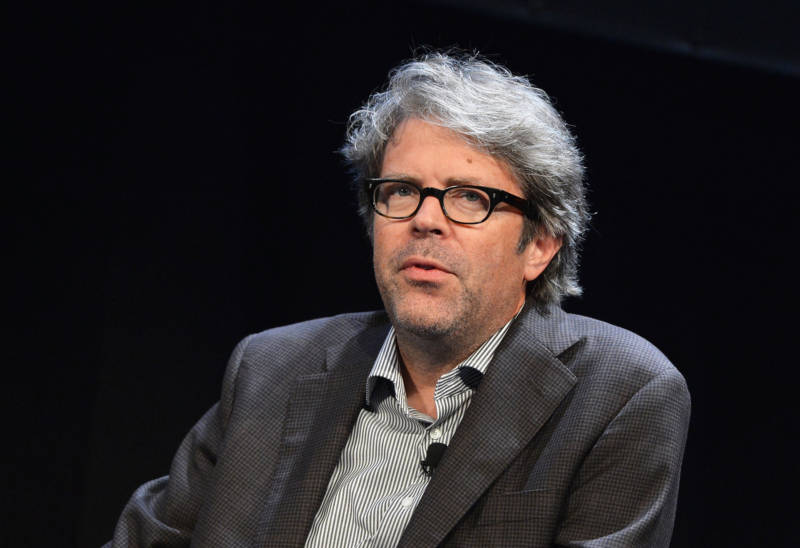The climate apocalypse is coming and there’s nothing we can do to stop it.
At least that’s the thesis of writer Jonathan Franzen, whose recent essay in The New Yorker — “What if We Stopped Pretending?” — tapped into fear of a climate apocalypse that many people are grappling with.
But in the wake of Franzen’s piece, published on the magazine’s website Sunday, climate scientists, advocates and journalists quickly took to social media to pick apart his interpretation of the current scientific outlook, and his framing of the world’s goal of reducing carbon emissions to the point of staving off global catastrophe as nearly impossible.
Franzen wrote:
The goal has been clear for thirty years, and despite earnest efforts we’ve made essentially no progress toward reaching it. Today, the scientific evidence verges on irrefutable. If you’re younger than sixty, you have a good chance of witnessing the radical destabilization of life on earth—massive crop failures, apocalyptic fires, imploding economies, epic flooding, hundreds of millions of refugees fleeing regions made uninhabitable by extreme heat or permanent drought. If you’re under thirty, you’re all but guaranteed to witness it.
Critics of the piece were quick to assert that Franzen’s argument is based upon misreading reports from the Intergovernmental Panel on Climate Change and prominent scientific journals like Nature.
A particular sticking point for some was Franzen’s assertion that roughly 2 degrees Celsius of warming above preindustrial levels represents a tipping point from which there is no coming back.
Sean Hecht, the co-director of the Emmett Institute on Climate Change and the Environment at UCLA Law School, responded on Twitter:
